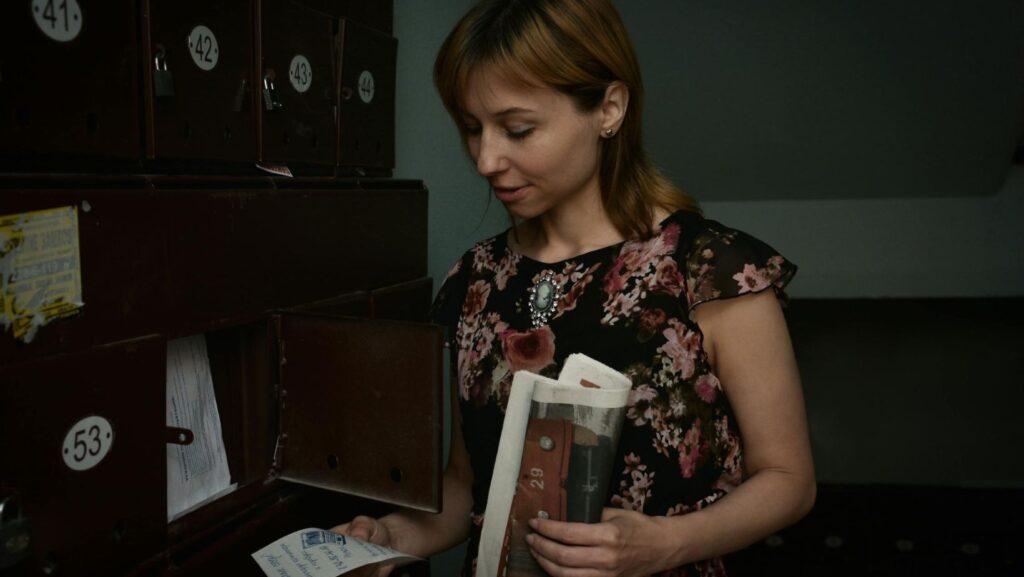For savvy investors, Oregon’s real estate market continues to present compelling opportunities for portfolio growth. With a dynamic economy and consistent demand in key areas, the landscape is ripe for strategic acquisitions. According to the Oregon Office of Economic Analysis, the state’s housing market is firming with projections for steady appreciation, making now an excellent time to expand your holdings. Yet, many experienced investors encounter the same frustrating roadblock: traditional financing.
While the Oregon real estate market presents significant opportunities for portfolio growth, many seasoned investors hit a wall with traditional financing. The slow approval times, rigid income verification, and conservative loan-to-value ratios from conventional banks can mean missing out on a perfect deal. For investors who need to move quickly and decisively, the key is to look beyond the banks and explore alternative financing designed for speed and flexibility.
This guide will explore how successful investors use advanced strategies and alternative loan types to grow their portfolios efficiently and effectively.
Key Takeaways
- Traditional bank loans often fail active Oregon investors due to their slow pace, strict personal income criteria, and reluctance to finance properties needing renovation.
- Leveraging equity through alternative financing like Portfolio, DSCR, and Hard Money loans offers speed, flexibility, and certainty that conventional lenders cannot match.
- Hard money loans are ideal for time-sensitive opportunities in Oregon, including fix-and-flips, bridge financing, and securing properties that require significant improvements.
- Choosing a lender with local Oregon expertise, transparent terms, and a fast, asset-based process is essential for consistent portfolio growth.
Why Traditional Doesn’t Work for Active Investors
If you feel like your bank’s lending model is fundamentally misaligned with your investment strategy, you’re not alone. Conventional financing is designed for primary homebuyers, not for agile investors who need to capitalize on market opportunities. Here’s why the traditional model often falls short.
The Speed Mismatch
In a competitive market, speed is your greatest advantage. A great off-market or distressed property deal won’t wait for a typical 45-60 day bank closing process. By the time a traditional lender completes its lengthy underwriting and appraisal process, that opportunity is often long gone, snapped up by a cash buyer or an investor with faster financing.
The “W-2 Income” Bias
Traditional banks heavily prioritize a borrower’s W-2 income and personal debt-to-income (DTI) ratio. This model fails to accurately assess the financial strength of a real estate investor whose wealth is primarily held in property equity and generated through diverse income streams like rental cash flow. Your proven ability to manage a profitable portfolio often takes a backseat to rigid, outdated qualification metrics.
The Property Condition Problem
Some of the most profitable investment opportunities are properties that need significant work. Banks, however, are risk-averse and often refuse to finance properties requiring major renovation or those not yet generating rental income. This bias automatically disqualifies many fix-and-flip, BRRRR (Buy, Renovate, Rent, Refinance, Repeat), and value-add projects from the start.
The Modern Investor’s Toolkit
To overcome the limitations of banks, successful investors treat financing as a strategic toolkit. Instead of a one-size-fits-all approach, they select the right tool for the specific deal.
Hard Money / Private Money Loans (Client Focus)
What they are: Hard money loans are short-term, asset-based loans provided by private lenders. The lending decision is based primarily on the value of the property itself (the “hard asset”), not the borrower’s credit history or income verification. For real estate investors in Oregon looking for reliable options, working with a trusted hard money lender in Oregon ensures access to competitive rates, fast approval, and tailored loan options that match both residential and commercial investment strategies.
Core Advantages:
Speed: This is the defining benefit. Closings can happen in days or a few weeks, providing a decisive advantage in competitive bidding situations.
Flexibility: Underwriting focuses on the deal’s equity and exit strategy. This allows for creative financing solutions and the funding of properties that banks would reject, such as those needing major repairs or having title complexities.
Certainty: Once the property and deal are approved, the likelihood of closing is extremely high. This removes the stress and uncertainty common with traditional bank approvals.
Competitive Returns: While interest rates may be higher than conventional loans, the speed and certainty offered by hard money often make it the most cost-effective choice. It allows you to secure profitable deals you would otherwise lose, generating a far greater return than the cost of the loan.

Best for: Fix-and-flip projects, bridge financing between a sale and a purchase, new construction, and quickly acquiring properties that need renovation.
| Financing Type | Primary Qualification Factor | Ideal Use Case | Speed of Funding | Key Benefit |
|---|---|---|---|---|
| Portfolio Loan | Total equity across multiple properties | Consolidating debt; large cash-out from a seasoned portfolio | Moderate (Weeks to Months) | Streamlined management of portfolio debt |
| DSCR Loan | Property’s projected cash flow (DSCR) | Buying tenant-ready rental properties | Moderate (Several Weeks) | No personal income verification required |
| Hard Money Loan | Property value & equity (“The Hard Asset”) | Fix-and-flips, bridge loans, time-sensitive deals | Very Fast (Days to Weeks) | Unmatched speed and flexibility |
Strategic Scenarios: Choosing the Right Partner
Understanding these loan types is one thing; knowing when to deploy them is what sets successful investors apart. Here are a few common Oregon investment scenarios and the ideal financing solution for each.
Scenario 1: The Time-Sensitive Fix-and-Flip in Portland
- Problem: You find a deeply undervalued property that requires a full gut renovation. The seller is highly motivated and wants to close in 10 days to beat out other offers. A traditional bank would laugh at the timeline and the property’s condition.
- Solution: A hard money loan is the perfect tool. It provides the rapid capital needed for both the purchase and the renovation budget, ensuring you secure the deal and can start work immediately.
Scenario 2: Bridging the Gap for a Multi-Family Acquisition
- Problem: You are under contract to buy a cash-flowing multi-family unit in Eugene, but the funds from the sale of another property won’t clear for another 30-45 days. You risk losing the new acquisition if you can’t close on time.
- Solution: A bridge loan, a specific type of hard money loan, is designed for this exact situation. It covers the timing gap, allowing you to close on the new property with confidence while you wait for your other transaction to finalize.
Scenario 3: Expanding Your Turnkey Rental Portfolio with Strong Cash Flow
- Problem: You’ve identified an excellent, tenant-ready duplex in Salem with strong rental income potential. However, your personal income statements are complex due to other business ventures, making it difficult to qualify for a conventional loan.
- Solution: A DSCR loan is the ideal choice. The lender will focus on the fact that the duplex’s rental income easily covers the proposed mortgage payment, making your complex personal finances a non-issue.
Scenario 4: Freeing Up Capital from Your Existing Portfolio
- Problem: You own several properties with significant equity and want to unlock that capital to fund multiple new projects, but you don’t want to go through the hassle of refinancing each one individually.
- Solution: A portfolio loan could be a great fit. It allows you to use the collective equity in your properties as collateral for a single, larger loan, giving you the liquid capital needed for your next wave of investments.
Partnering for Success: What to Look for in a Lender
Choosing the right financing product is only half the battle. Your lending partner is just as critical to your success. Look for a lender that offers:
- Local Oregon Market Expertise: A lender who understands the nuances of property values, neighborhood trends, and regulations in Portland, Bend, Salem, and beyond.
- Transparency & Clear Terms: You need a partner who communicates clearly about rates, fees, and loan structure from the very beginning. There should be no surprises at closing.
- Proven Track Record of Speed & Certainty: Look for a lender with a history of closing deals quickly and reliably. Ask for references or case studies, especially for asset-based financing.
- Flexibility & Understanding: The best alternative lenders are problem-solvers who are willing to look beyond rigid criteria and evaluate the unique merits of your investment opportunity.
Conclusion: Stop Missing Deals and Start Scaling Your Portfolio
For experienced Oregon real estate investors, sustained growth requires moving beyond the limitations of traditional bank financing. The slow pace, rigid requirements, and property-condition biases of conventional lenders are no longer compatible with a competitive market.
Leveraging your portfolio’s equity with the right alternative financing—especially asset-based private money loans—is the strategic key to capitalizing on time-sensitive opportunities with speed, flexibility, and certainty. Doing so not only helps you acquire more properties but also allows you to build wealth more efficiently by taking advantage of valuable tax benefits for real estate investors.



